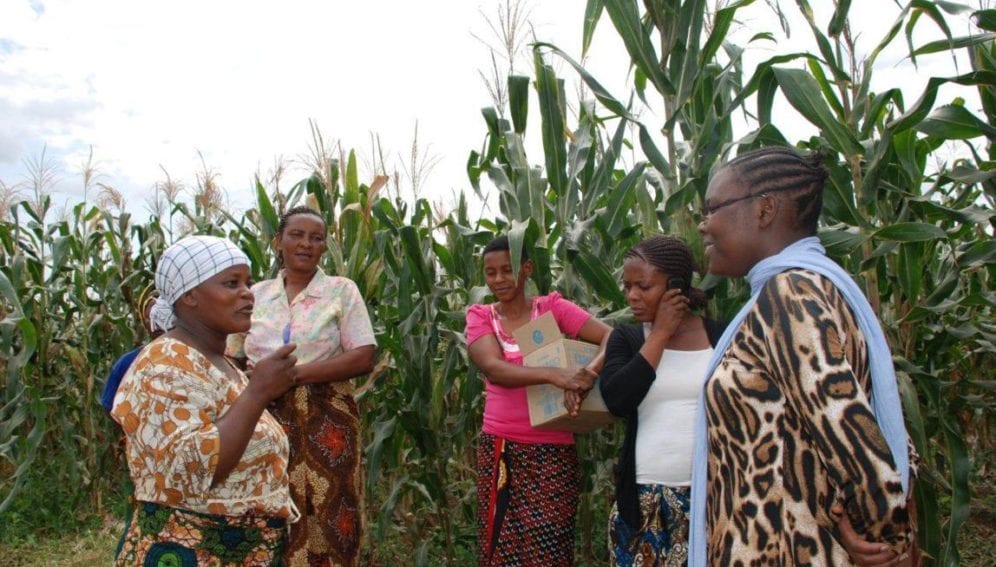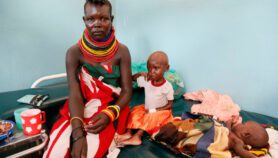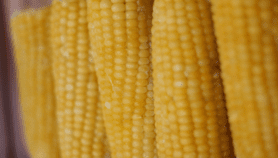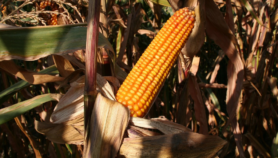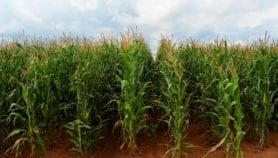By: Gilbert Nakweya
Send to a friend
The details you provide on this page will not be used to send unsolicited email, and will not be sold to a 3rd party. See privacy policy.
[NAIROBI] I am aware that research and innovations are the key pillars of agricultural development in Africa, but little did I know that smallholder farmers are not benefiting adequately from the findings of studies.
My eyes were opened to this reality when I attended an international forum — Sharefair on Rural Women’s Technologies — in Nairobi, Kenya last week (15-17 October).
The forum was hosted by UN Women’s East and Southern Africa Regional Office in collaboration with the Food and Agriculture Organization, the International Fund for Agricultural Development and World Food Programme.
During the plenary session, I gathered that although research studies have been conducted and innovations continue to be developed, issues relating to access to technologies and innovations that support rural, women smallholder farmers in eastern and southern Africa remain.
Technologies that were showcased at the gathering of scientists, policymakers, academic institutions and smallholder farmers included I-Farm Kenya — an online platform that enables farmers access video documentaries of best farming practices — and a web and mobile-based platform called Livestock Info Management System, which is being used in Tanzania.
“If farmers are the implementers of these technologies, then obviously they should be involved in their design and development.”
Gilbert Nakweya
Among the tough questions posed were: How do we help farmers identify and find solutions to what affect them? How do we keep research and innovations in agriculture relevant? How do we make research a much more empowerment process to smallholder farmers?
“Science doesn’t make sense if it is not applicable. It is applicable if smallholder farmers are using it,” says Esther Njuguna, regional gender coordinator for eastern and southern Africa of the International Crops Research Institute for the Semi-Arid Tropics.
Njuguna argues that because farmers adopt technologies differently, there is a need to look at post-research implications, which are important for retaining knowledge, adding: “We need to identify champions in communities to ensure the research knowledge continues”.
As I digested the engrossing discussions it emerged that information on critical issues such as climate change and land ownership rights for women smallholder farmers must involve farmers, researchers and policymakers for new technologies to impact Africa’s agriculture.
Isabelle Baltenweck, the interim programme leader for livelihoods, gender, impact and innovation at the International Livestock Research Institute, holds the view that interactive research with smallholder farmers is important for scientists and researchers to understand farmers’ real needs.
Arinaitwe Rwakajara, a member of parliament from Uganda, tells SciDev.Net that the equal involvement of male and female smallholder farmers in agricultural research is crucial to the development of agriculture on the continent as they both play a critical role in farming and ensuring food security.
I concur with the legislator. If farmers are the implementers of these technologies, then obviously they should be involved in their design and development.
This article has been produced by SciDev.Net's Saharan Africa desk.


